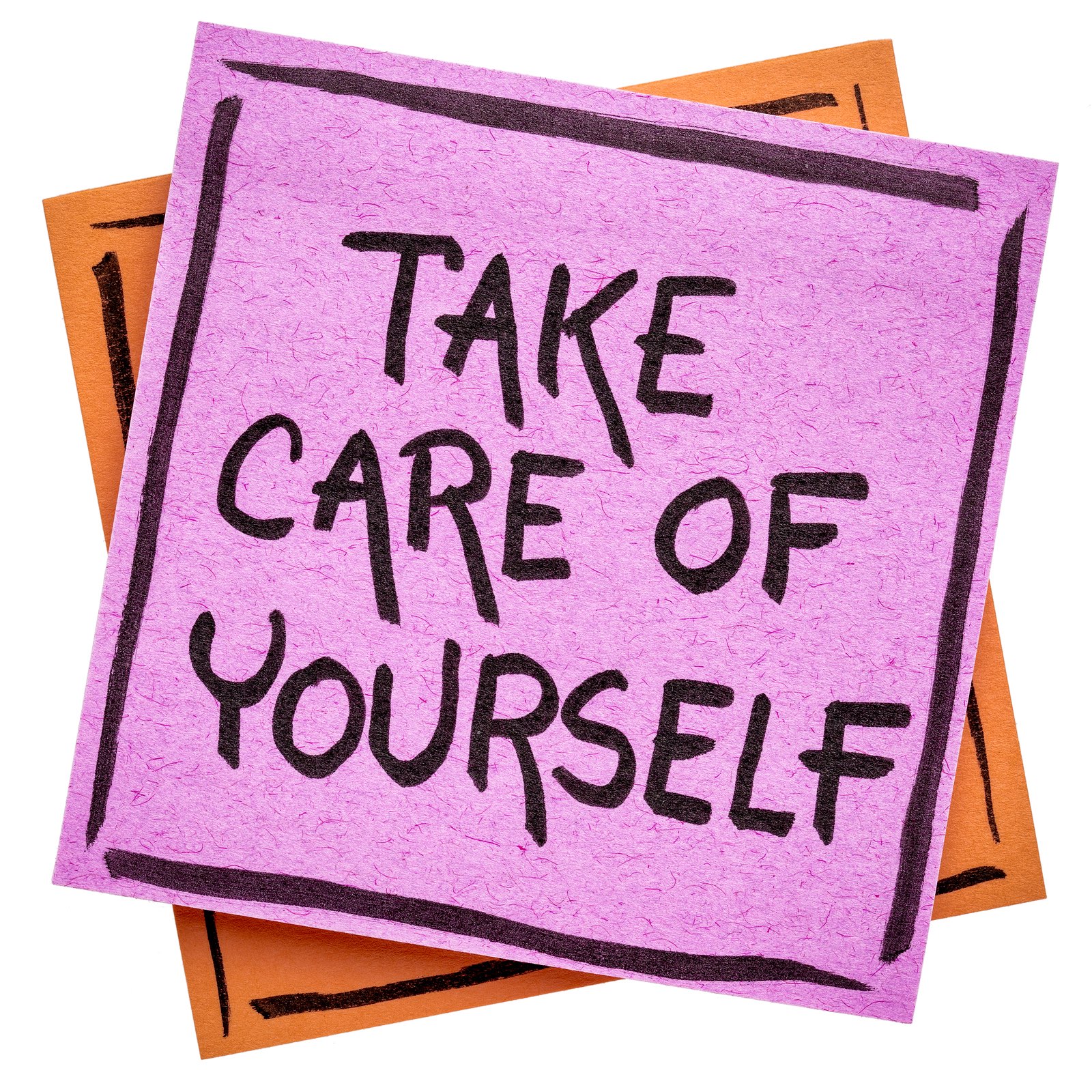
I came across this book referenced in another book and then did a little digging to find out more about Thomas Mitchell, Farmer. Because his book ‘Essays on Life’ written in the early part of the 20th Century is a little gem – full of words of wisdom.
[From: https://thomasmitchellfarmer.wordpress.com/]
Just before the First World War destroyed a generation and divided Europe for almost a century, a farmer in a remote part of Scotland sat down at the age of 43 to write his thoughts on how to live a good life. He records the values of his time and his own take on them. His is now a voice from the past that demands our attention, not necessarily to emulate it but to encourage us to consider what we have lost and gained.
He was Thomas Mitchell.
In the first essay in the book he illuminates us on the Art of Living. Because it is an art! I feel, and always have, that we are creative animals. Art is unique to us as a species and packed full of meaning for life. And life is embodied in art. Artistic endeavour and its output tells us so much about who we are. So there is an art to living.

Usefulness
Mitchell suggests that there are some key things. The first is usefulness. He says that we all have a purpose – something useful we can do that contributes not only towards our livelihood but also to our fellow ‘man’. Even when we do not choose the work we do he suggests we must do it to the best of our ability. If we carry the spirit of usefulness into daily work the this lends a dignity to work that imparts pleasure.
Happiness
The second element to the art of living is happiness. This is something of a current theme for me [more here] as I feel happiness in a particular form is liberating and forms the heart of a well lived life. But happiness is not to be found in things or in the excitement of ‘this or that’ but rather in the steady metre of life. The living of a good life day by day is one that resonates with values of humility, common good, and the joy of the current moment. There is a desperation that we cling onto that we hope will bring us happiness in living for future events rather than living now. Mitchell suggests that the secret of a happy life is ‘the art of extracting comfort and sweetness from every circumstance. The world is to us’, he says, ‘is pretty much what we make it.’ Are we a person of things rather than experiences. Are we a person of ‘it will be better tomorrow, it will be better when I’ve…..’ or are we a person of ‘what can I make of this moment.’

Character
Mitchell goes on to suggest that character, the distinctive mark that gives you your personality, is crucial. We are influenced he says by what we inherit but this only gives us a tendency towards a way of being and doesn’t define us. Our infancy and childhood shape us and the habits we form throughout life shape our essence. One element of character he points to is the ability to speak for yourself and think for yourself. Not to simply be buffeted around by the opinions of others. We should be tolerant of the opinions of others and reflect on them but ultimately make up our own minds on the right course of action. I am led back here to the roots we establish in the world by virtue of our values. They will give us our compass.
Self Control
The penultimate principle of his Art of Living is self control. Mastery of self and particularly of the emotional self I have always felt is crucial. This is something I talk about a lot and is Daniel Goleman’s idea that we can be competent and effective ‘pilots of our lives’ if we are emotionally intelligent and therefore exhibiting self control. Every pleasure, Mitchell observes, that is pursued to excess becomes harmful. And here we are in an age of far reaching mental unrest because, I feel, we can indulge ourselves in all manner of things thrown at us in the name of capitalism and consumerism. Pleasures, he goes on to say, are essential but if we exercise no self-control towards them they may produce ‘ill-health, misery, and weakness, in body or mind’. How true.

Self Respect
The final element is self respect. This to me taps into the foundation of self-care. You must have respect for yourself so that you want to take care of yourself. It is of little value if you show your respect for others and neglect your respect for yourself as, eventually, you will not be available to the other people, either physically or emotionally, to show them the respect they also deserve. This starts with self-respect not with respect for others – that comes second. Mitchell notes that self-respect is a regard for your own name and reputation. If we are to maintain our reputation we have to strive to do things at work, at home, or with friends, (or anywhere!) as well as we can and that starts with being ready for the task and being ready for the task starts with self-care.
You can buy the book here – Amazon
Or here through the publisher Vagabond Voices

